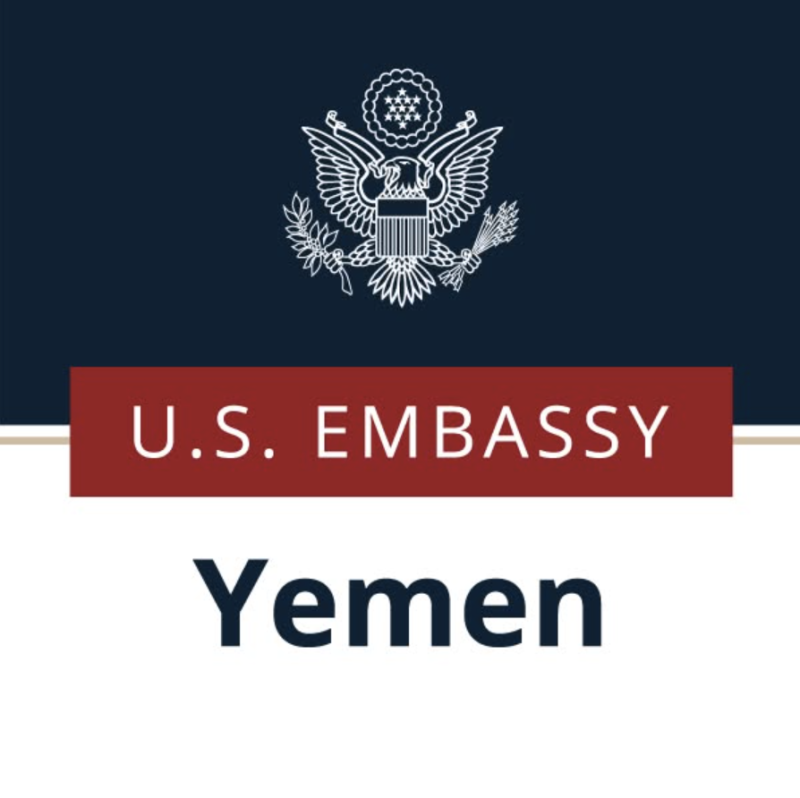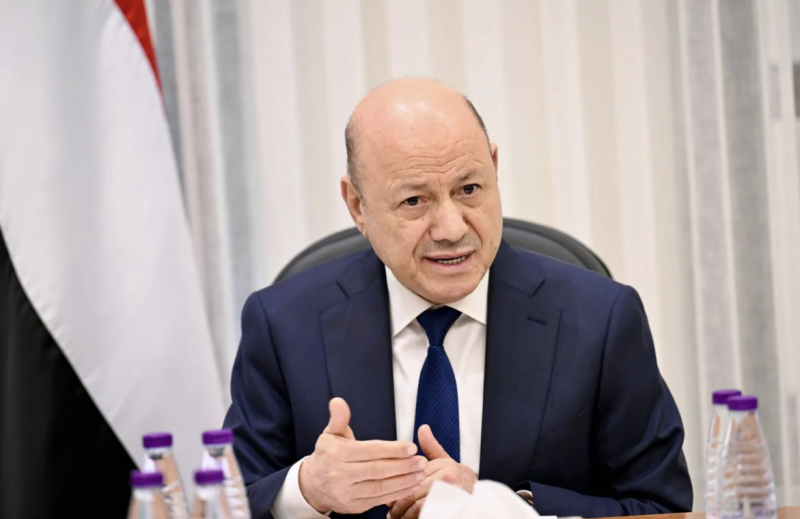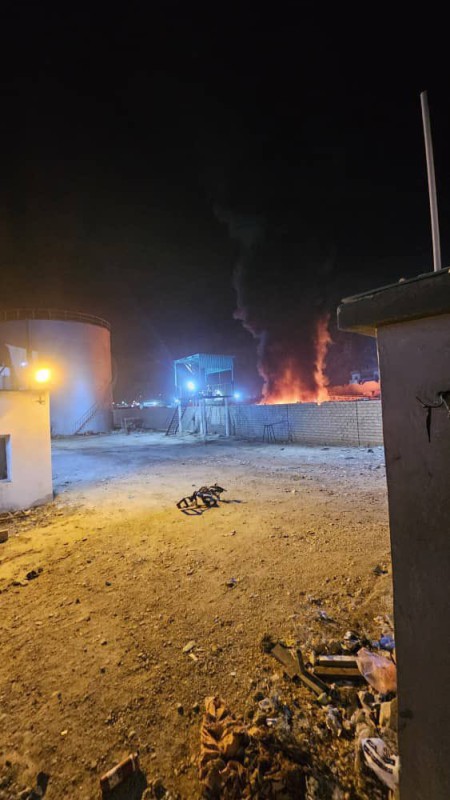Pompeo to Pressure U.N. Over Aid to Yemen


The Trump administration is pressuring the United Nations to scale back vital aid operations in Yemen as Iranian-backed Houthi insurgents seek greater control over how humanitarian assistance is delivered in territory under their control.
U.S. Secretary of State Mike Pompeo plans to travel to U.N. headquarters on March 6 for a meeting with U.N. Secretary-General António Guterres, during which Pompeo will raise concerns about what he sees as the U.N.’s sluggish effort to freeze aid deliveries in the face of persistent Houthi obstruction and seizure of lifesaving relief, according to diplomatic sources. Pompeo is expected to single out the U.N. relief coordinator, Mark Lowcock of the United Kingdom, for resisting U.S. appeals to take a more aggressive approach and suspend more relief programs in Yemen, those sources told Foreign Policy.
The humanitarian standoff comes at a tense moment in the nearly five-year-long conflict. A promising diplomatic push between the Houthis and Saudi Arabia, the Yemeni government’s top sponsor and a U.S. ally, to end the conflict has stalled as Houthi rebels have resumed missile attacks against Saudi Arabia, while Riyadh has resumed its air attacks on the Houthi-held capital of Sanaa.
During the planned meeting at the U.N., which has not been publicly announced, Pompeo also intends to raise U.S. concerns about a number of other so-called leadership issues, including China’s growing international clout at the United Nations; the recent publication, which the United States opposed, by the U.N. high commissioner for human rights of a list of companies doing business in illegal Jewish settlements in the West Bank; and a push to install more Americans in senior U.N. leadership positions.
The push to suspend aid to Yemen comes in response to efforts by the Houthis, who are Iranian-backed Shiite separatists, to impede the delivery of humanitarian assistance in northern Yemen, part of a broader strategy to enforce greater control over how aid is distributed in territory under its control. The actions have infuriated donor countries, including the United States, private charities, and U.N. relief officials.
They have accused the Houthis of seeking to violate humanitarian aid norms to divert aid to gain an upper hand in the conflict, make money, and provide preferential treatment for communities that are loyal to their cause. The United States plans to freeze spending on a series of programs later this month, causing friction with other donor nations and NGOs that want to keep aid all supplies flowing, officials familiar with the matter say. The United States has not specified which programs it would stop funding, but a senior U.S. official told reporters there would be “exceptions for truly lifesaving programs,” including feeding sick children.
There are differences of opinion over how aggressively to cut off aid in Yemen, the site of the world’s largest humanitarian crisis, where some 80 percent of the country’s 28 million people depend on international aid and protection.
The U.N. recognizes the need to suspend specific aid operations, but only on a case-by-case basis, and only if they are convinced such assistance would violate established humanitarian standards that require aid be distributed strictly on the basis of need. They fear the U.S. push for full-fledged cuts threatens to endanger lives.
The U.N. chief underscored the “importance of sustaining the humanitarian operation, which is being implemented in challenging conditions, but is providing life-saving assistance to millions of Yemenis,” according to a Feb. 12 statement from his office. “The Secretary-General supports continuing dialogue with all the interested parties to ensure that help reaches all those who need it, in accordance with humanitarian principles.”
Aid workers warn that suspending relief to areas controlled by the Houthis could worsen an already dismal humanitarian situation.
“Conditions in Yemen continue to deteriorate, and humanitarian need is greater than ever as families struggle to stay safe and pay for their next meals,” said Scott Paul, a policy advisor at Oxfam America. “For millions of the most vulnerable Yemenis, access to aid and services is a matter of life and death. The parties to the conflict and the international community need to push for peace and make sure aid gets to those who need it most.”

Washington – The United States has voiced concern over recent developments in southeastern Yemen, stressing the importance of avoiding any st…

Riyadh --  Yemen’s Presidential Leadership Council Chairman, Rashad al-Alimi, announced on Tuesday a nationwide state of emergency, effe…

 Mukalla – The Saudi-led Arab Coalition has requested the immediate evacuation of civilians from Mukalla Port in Hadramout province.&nbs…